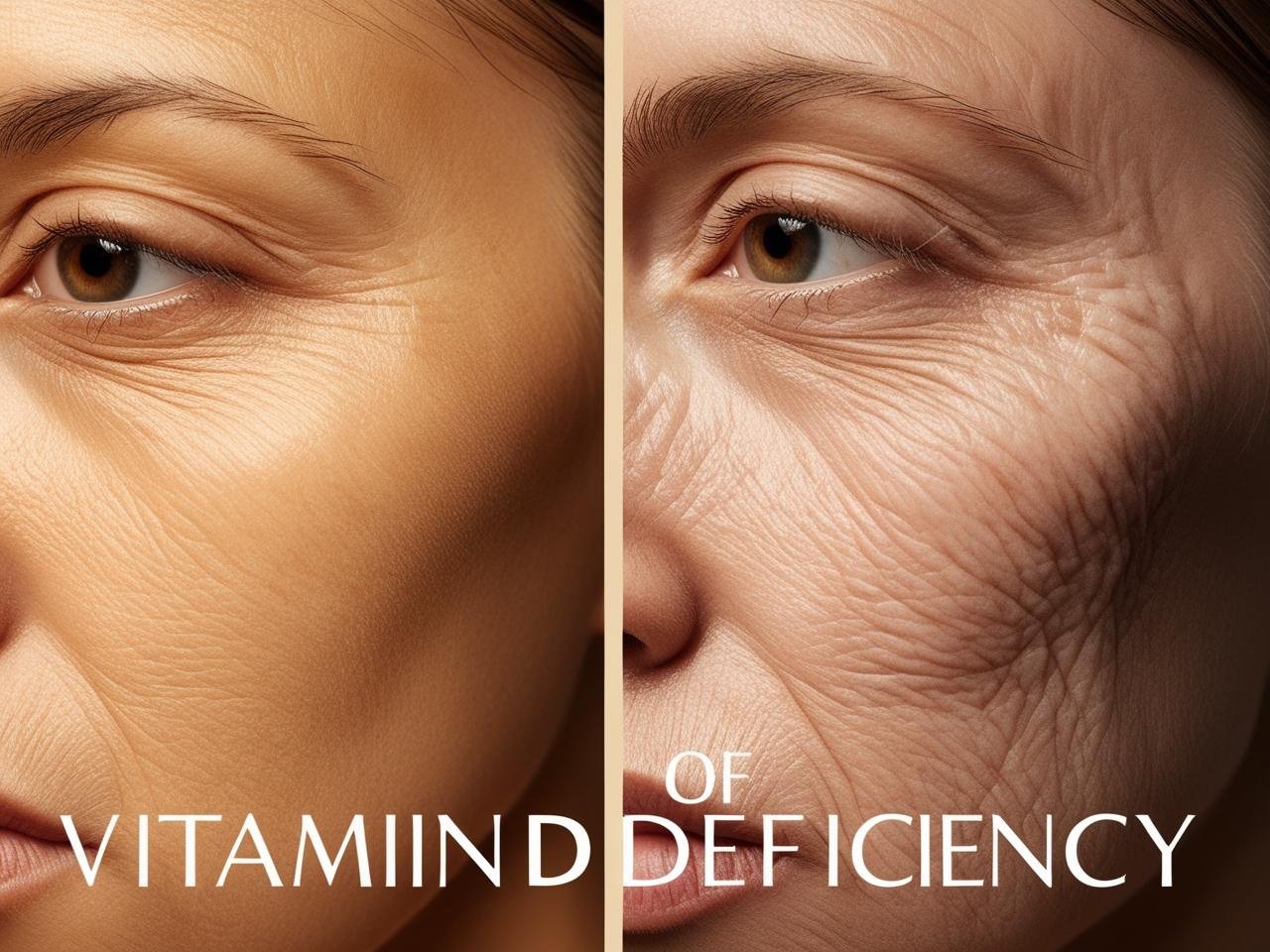What is Vitamin D3?
Vitamin D3 (also called cholecalciferol) is a vital fat-soluble vitamin that plays a key role in the body’s ability to absorb calcium and phosphorus, which are essential for bone health. It also supports immune function and contributes to overall well-being.
Key Functions of Vitamin D3:
- Bone Health: Vitamin D3 enhances calcium absorption in the intestines, helping to maintain strong bones and teeth. It is crucial for bone mineralization and prevents bone-related disorders like rickets in children and osteomalacia or osteoporosis in adults.
- Immune System: It plays a vital role in regulating the immune system, helping to fight off infections and reduce inflammation.
- Mood Regulation and Mental Health: Research suggests that vitamin D3 may help in mood regulation and has been linked to reducing the risk of depression and anxiety.
- Cell Growth and Repair: Vitamin D3 is involved in cellular growth, differentiation, and repair, which contributes to healthy skin, muscle function, and organ systems.
Sources of Vitamin D3
- Sunlight: The skin naturally synthesizes vitamin D3 when exposed to ultraviolet B (UVB) rays from sunlight. This is one of the most efficient sources of vitamin D3.
- Food Sources:
- Fatty fish (e.g., salmon, mackerel, and sardines)
- Liver
- Egg yolks
- Fortified foods (such as milk, orange juice, and breakfast cereals)
- Supplements: Vitamin D3 is available in supplement form and is often recommended for individuals who have limited sun exposure or dietary intake.
Recommended Daily Intake
- Infants (0-12 months): 400 IU
- Children (1-18 years): 600 IU
- Adults (19-70 years): 600 IU
- Adults (71+ years): 800 IU
- Pregnant/Breastfeeding women: 600 IU
Deficiency of Vitamin D3
- Bone Disorders: Insufficient vitamin D3 can lead to bone softening diseases like rickets in children and osteomalacia or osteoporosis in adults.
- Immune System Issues: Deficiency may contribute to a weakened immune system and increase susceptibility to infections.
- Fatigue and Depression: Low levels of vitamin D3 are associated with fatigue, mood disturbances, and an increased risk of depression.
Toxicity and Overdose
Excessive intake of vitamin D3 can lead to toxicity, which may cause symptoms such as:
- Nausea and vomiting
- Weakness
- Kidney damage
Elevated calcium levels in the blood (hypercalcemia) can also result. It is important to follow the recommended dosages and consult a healthcare provider before taking high doses of vitamin D3 supplements.
Conclusion
Vitamin D3 is essential for maintaining bone health, supporting the immune system, and promoting overall well-being. While it can be obtained through sunlight, food sources, and supplements, balancing intake is crucial to avoid both deficiency and toxicity.
